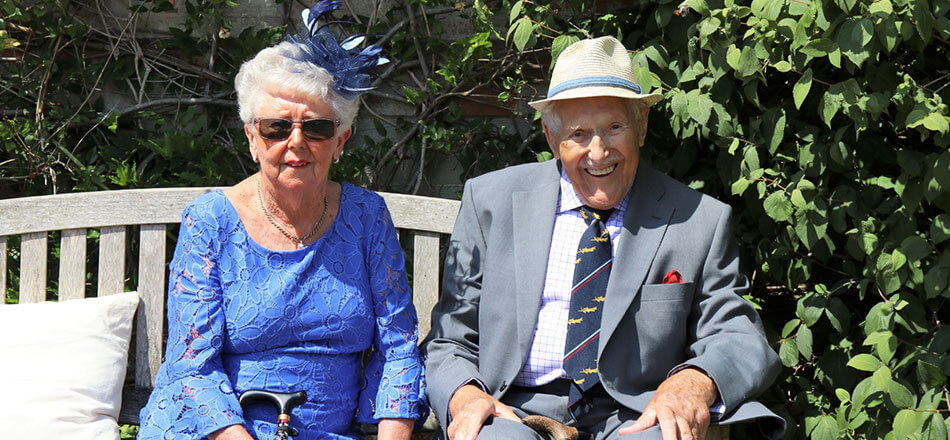Approximately 5 to 7% of elderly adults will at move into a nursing or retirement home of some kind during the last years of their lives. The majority of those who are elderly both live and die within their community and often right in their own homes, but for a certain percentage of families and their elders, this simply isn’t possible.
If it’s the case that you may need to accommodate an elderly member of your own family into a retirement facility or community of some kind, then it should be one of the most carefully considered decisions that everyone involved makes.
The following are 5 of the key considerations you should keep in mind as basic guidelines for choosing how to best help your elderly father, mother or other family member.
Accessibility
An elderly individual living in a retirement community should absolutely stay relevant to their family. More than anything else, this means being able to see each other frequently, either in the facility or for visits to outside locations. The need for personal contact and easy access applies especially for seniors who are still adjusting to their new residence. For this reason, location is a crucial consideration.
Fundamentally, you should choose your retirement community candidates based on how easily as many family members as possible can keep in touch with personal visits. A community places your elderly parents out of easy reach will almost certainly also produce a sense of alienation that could be directly dangerous to their health.
Price and other costs
Every family has to be realistic about their financial resources in the face of health considerations. This applies quite thoroughly to choosing a retirement community as well. If your budget for elderly parent care is going to be strained by retirement care for them, then choosing as carefully as possible becomes vital. Luxury and high-quality elderly living options usually cost at least $3,000 or more per month. For specialized options such as assisted living or memory care for seniors with dementia, monthly prices can be double or triple this amount.
When choosing a retirement home and dealing with a limited care budget as well, selecting smaller facilities with a focus on more personalized care and well-trained staff may help alleviate costs while sticking to high facility quality. Frequently visiting your mother or father will also help ensure that the home they live in is treating them as promised and well.
Services and amenities
Retirement communities with numerous amenities and internal features usually cost more than those with more limited options, but all senior living homes should have at least certain essentials covered well. These will include quality dining areas, recreational spaces, exercise rooms, personal care options, basic health resources and well-maintained resident suites.
Ideally, your retirement community’s location should offer surrounding garden and green space areas while being as close as possible to urban amenities such as shopping venues, cafes or entertainment areas. It should also be reasonably close to primary care clinics in case of medical emergencies.
Staffing choices
The staff in a retirement home should absolutely include professionally trained members whose certifications for knowledgeable elderly care can be demonstrated. Ideally, the onsite personnel in your retirement community of choice should also include individuals who are professionally certified to provide skilled nursing care and who have experience in managing the well-being of senior living residents.
Beyond these specific professional qualifications, you should also look for human warmth among staff. Both you and your elderly parent should be made to feel welcome and comfortable in asking questions, asking to see qualifications and in generally dealing with the staff on hand. Those staffers should make both you and your parent or parents feel safe in their hands.
Reputation
The reputation of a retirement community can be one of the best indicators of how well it serves its elderly residents. Even if an in-person initial visit seems to suggest a high level of elder care, looks can sometimes be made deceiving. To more thoroughly investigate how a community handles its facilities and clients for the long term, be sure to check the overall impressions from a wide range of online reviews of any home you’re considering.
Even more concretely, every single state in the U.S. has a website where licensing information about retirement communities in its jurisdiction can be found. This information will usually show any given facility’s track record of inspection ratings and any citations for rule violations.
Involve a Professional
There are a lot of things to consider when moving a parent or other relative to a retirement community and if you haven’t done it before, you might not realize all the differences in costs and benefits. Most placement services work for no charge to the family and are paid by the facility when your loved one moves in. They can walk you through questions you may never have thought about. Contact us if you are looking to speak with a professional that has your best interests in mind.

